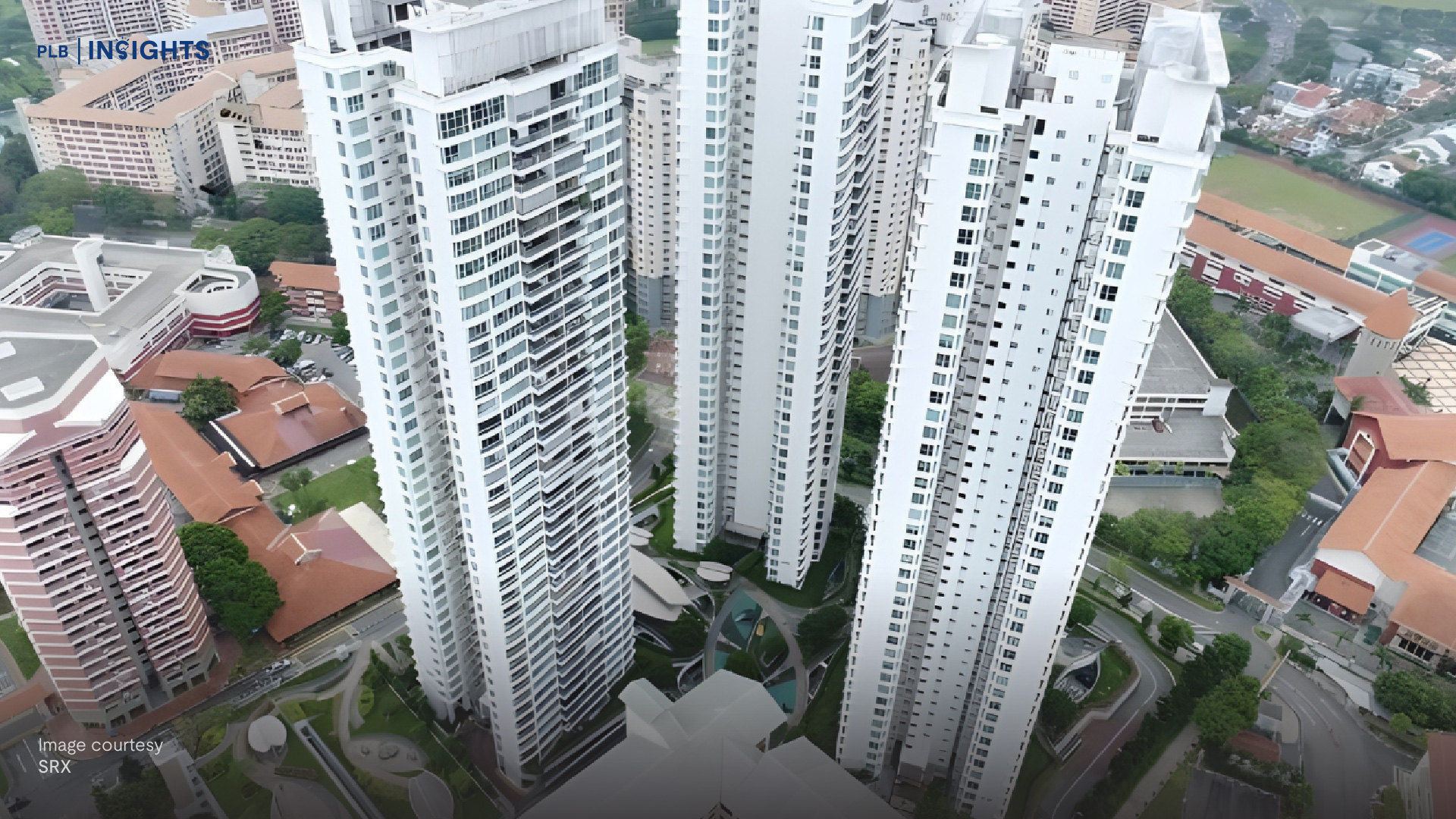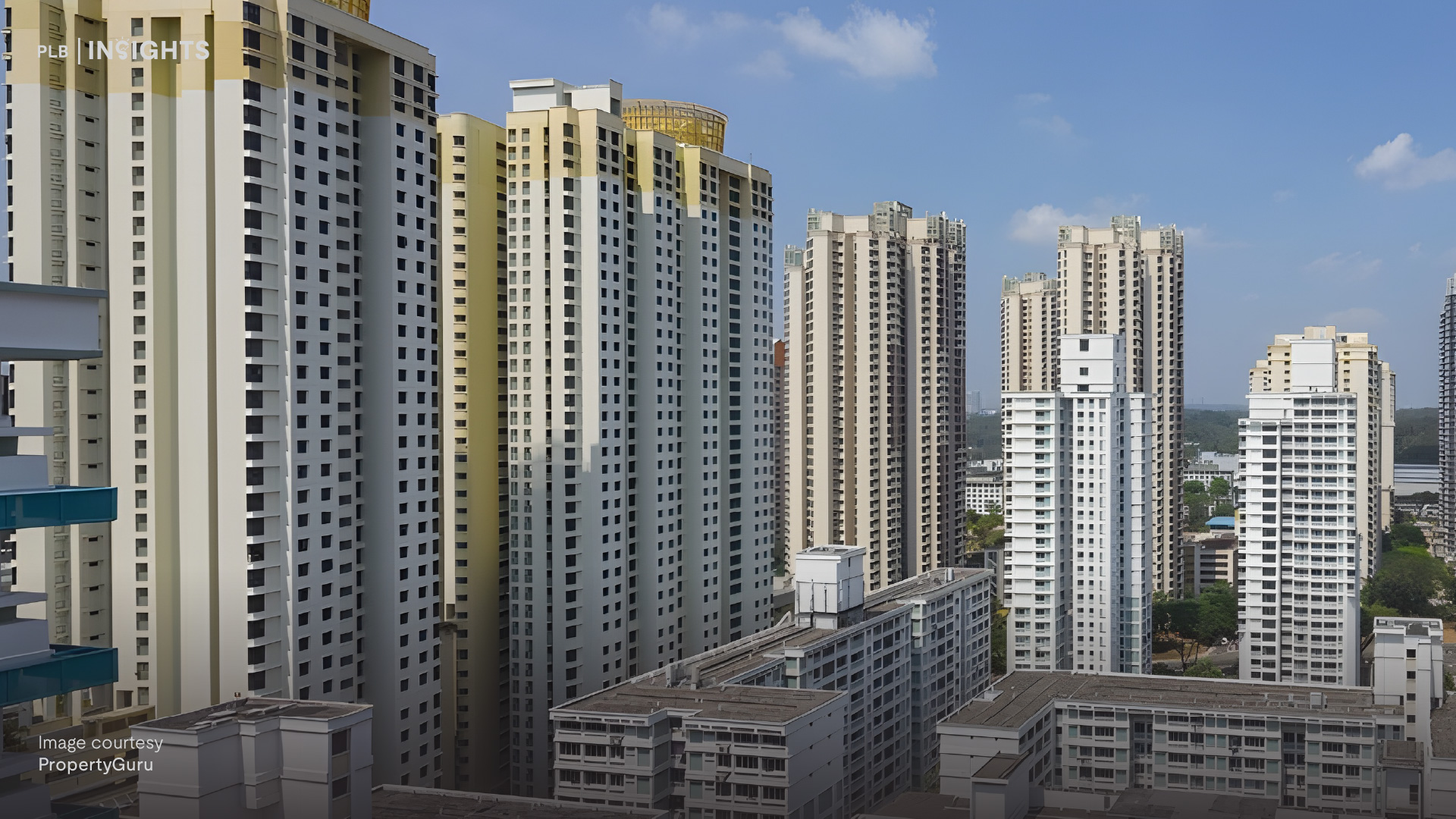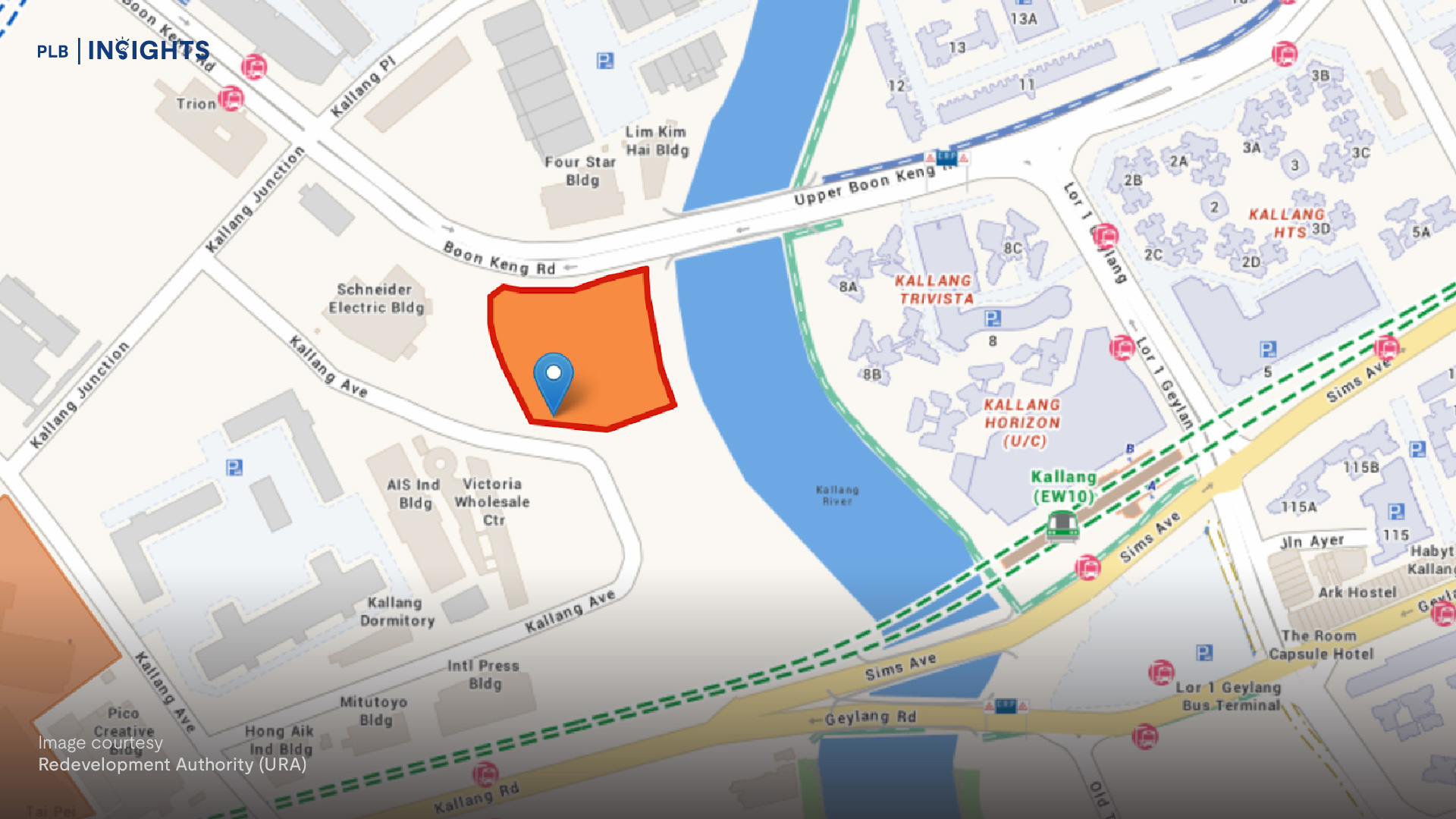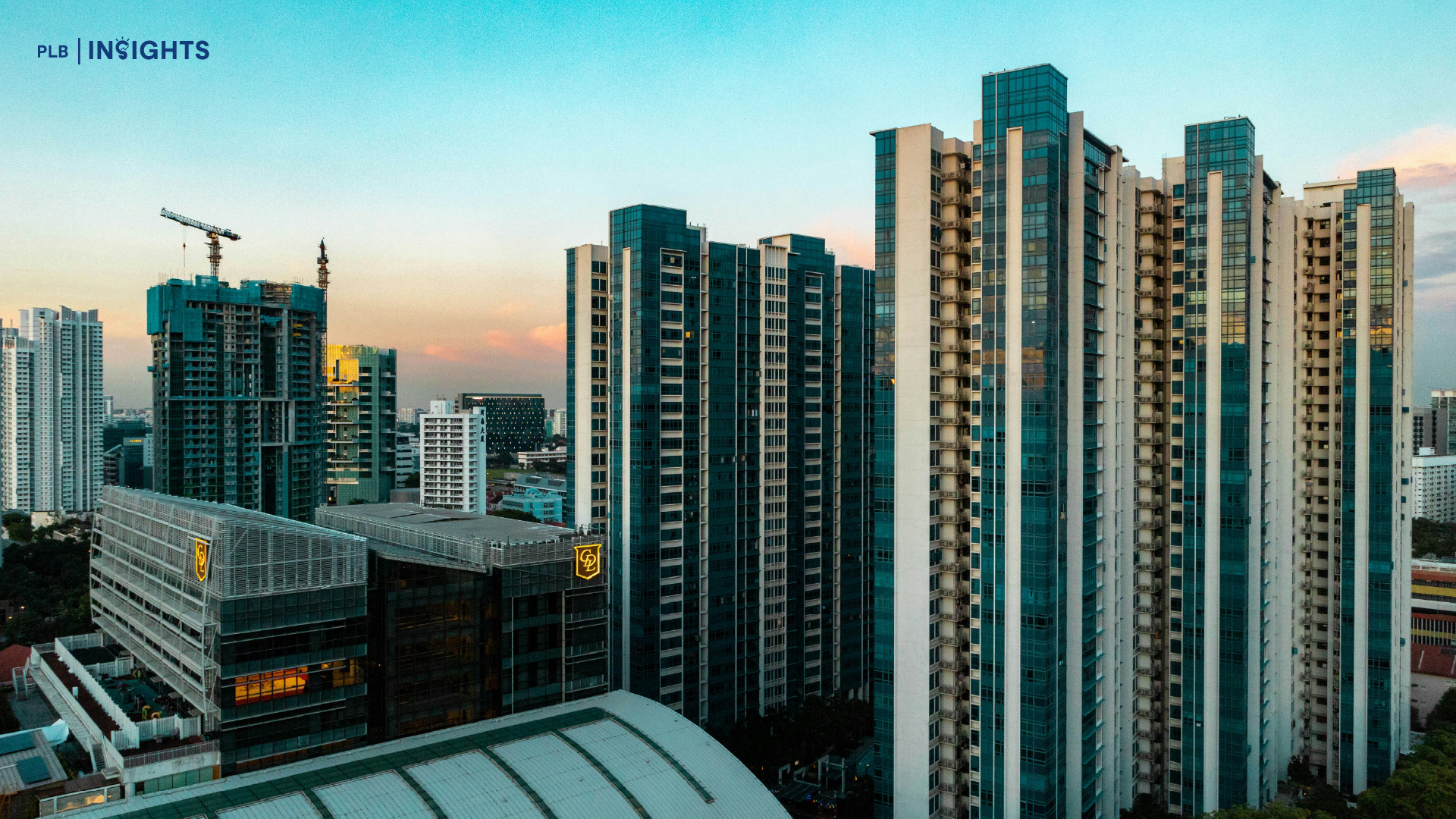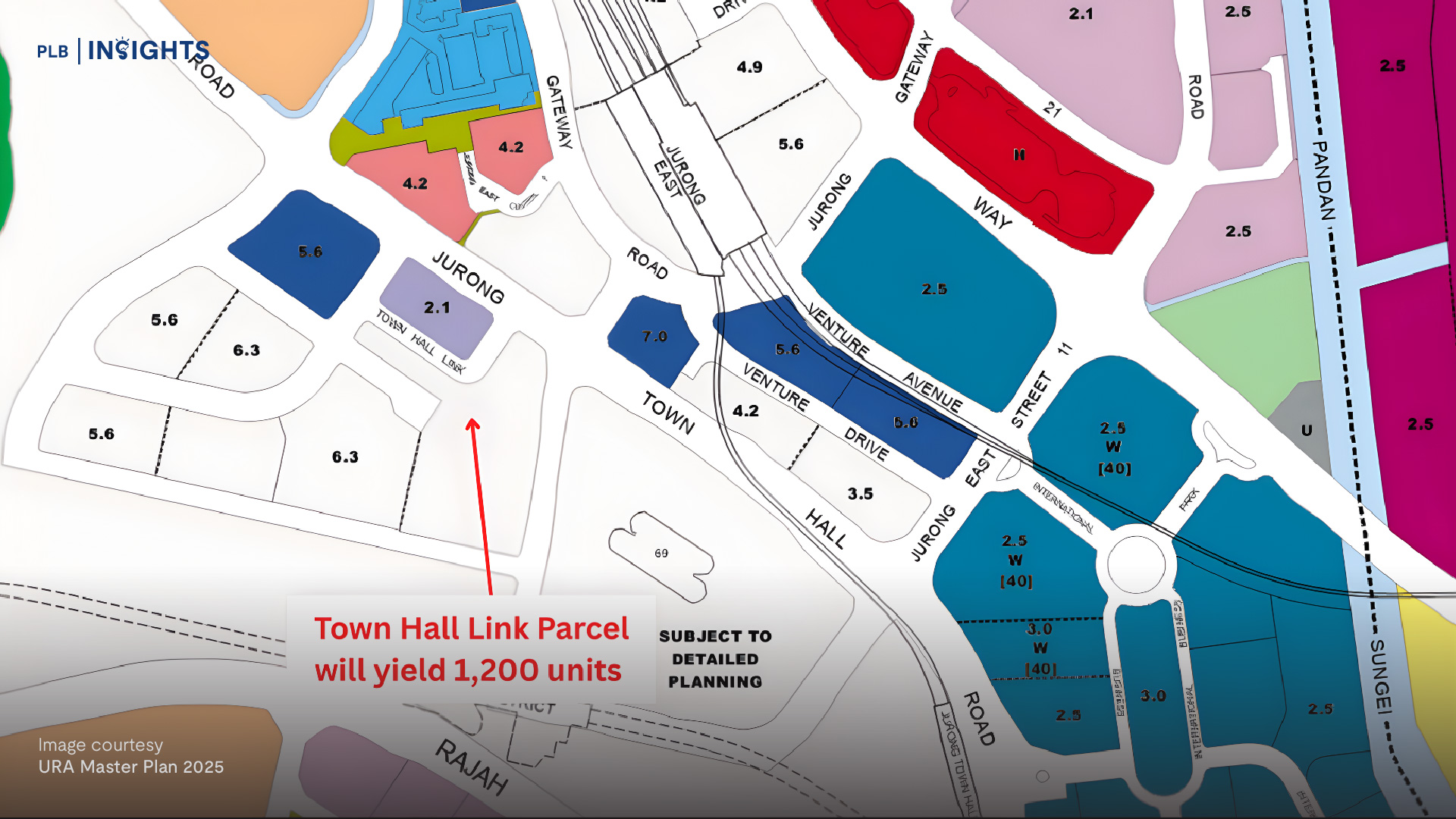There’s an upward shift throughout the property market, and landed, resale and even new launches are showing no signs of abating.
Is it still good to time your property? It all depends on understanding the underlying reasons behind the demand for Singapore property – both foreign and local, and proper planning.
Join us as we walk you through the considerations that one should have when deciding to buy or sell property.
Home prices have soared since the Circuit Breaker in the middle of 2020.
Throughout 2021, you would have probably seen media outlets and property firms alike reporting about the large increase in property prices throughout Singapore. In fact, property prices have moved up across all categories of properties – HDB apartments, condos, landed, new launch, and resales alike.
However, it can be difficult to understand what these price increases mean for buyers and sellers on the ground. Here is an example to help put these numbers into more concrete terms. At the end of 2019, S$1.6 million would have bought a new launch 3 bedroom apartment with premium features and a utility room (i.e. bomb shelter space). However, as of June 2021, about a year and a half later, a similar property would go for anywhere between S$1.7 to 1.8 million, about a 12% increase. Looked at from another perspective, the same S$1.6 million quantum would only be able to buy a smaller unit – a compact 3-bedroom new launch without the utility room.
Given the remarkable increase in prices across the board, it can be very tempting to approach this as an opportunity to time the market with specific buying and selling of property. However, one should always be prudent about the current price trends in the market and one’s current financial and household needs. More importantly, we should be clear about the specific drivers of these trends which can strengthen or weaken over time.
The conditions of Singapore’s property market have developed uniquely over the past 10 to 15 years due to a series of cooling measures. Before the cooling measures were implemented, prices tended to be more volatile. Since then, the market has priced in these cooling measures and so behaves very differently from decades before.
Why you shouldn’t time the market
It is not advisable to time the market right now simply because there is still huge demand for Singapore properties which can continue to increase prices. These are driven by a high demand from both local aspiring homeowners and foreign investors who see Singapore property as a great store of value. On the supply side, land is extremely scarce and while the government holds blocks of land for development, releasing and developing these into homes takes a long time.
A person who is unsure about entering the property market is likely to choose to time the market for their own-stay property rather than buying a second property. They would sell their current property and switch to renting while waiting for a market correction. However, should prices continue to increase as it has in the current environment, they would be stuck renting and may eventually be forced to buy another property at higher prices. Hence, it becomes especially risky to time the market with one’s own-stay property.
In the case of a second or third property, one has more leeway as they are not risking their homes, but the risk that prices continue to increase is still present. However, we note that the prevailing conditions in the market, it is unlikely that prices will correct anytime soon.
Our observations about those who time the market
Based on our 14 years of experience, there are some observations we make regarding timing the market.
First, we have witnessed people who tried to time the market but ended up having to re-enter 3 – 5 years later at elevated prices due to the prevailing trends at the time.
Next, there are instances where cooling measures decrease the leverage of those trying to time the market. For example, increased downpayments, higher buyer’s stamp duty, and rising interest (and mortgage) rates from banks are all disadvantageous for those who are forced to re-enter the market.
The best recommendation would be to hold the property that you intend to live in, as it is the most stable situation if your financials and mortgage payments are well-planned.
On the foreign investment side, strong demand continues to be driven by 5 factors.
First, real estate in Singapore is a great store of value and has high potential for price appreciation. With the right selection, a property in Singapore is likely to maintain its value and even increase over time.
Second, a strong SGD currency attracts foreigners to park their money here. Buying property in Singapore allows a foreign investor to convert their (usually weaker) currency into strong SGD currency. This protects against adverse situations where their local currency is devalued.
Third, there is a low cost of borrowing to finance real estate purchases. While Singapore banks are pegged to SIBOR rates, the current rates are extremely low, and in some cases, mortgage rates can be as low as one-plus percent.
Fourth, there is high local ownership and demand. With close to 90% of property buyers being Singaporean, foreign investors are confident of the Singapore real estate market growing as long as the local population and economy continue to grow.
Fifth, there is a changing attitude towards spending more on property for personal space and wellbeing. As Covid restrictions and shifts to WFH policies keep people home, many are starting to see the positive impact that bigger spaces and open areas in their home can have on their wellbeing.
What does this tell us about timing the market in a high demand environment?
At the end of the day, we choose to err on the side of caution and not try to time the market, especially with primary property. The various signs in local and foreign demand point to a real estate market that is not slowing down and those who try to time the market now may end up worse off than if they stood firm.
The key takeaway from all of this is that one should always be prepared before entering the market, whether you are trying to time the market, or simply one that buys and holds for the long term. This means planning the trajectory of your real estate portfolio over the next 10 to 20 years and considering the various life stages and financial demands required at each stage. Some property types may be more favourable for young working adults while others are better for those approaching retirement with large sums of capital.
All of this requires understanding of the market conditions and more importantly, one’s own aspirations and situation. Knowing this will prevent you from buying and selling hastily.



